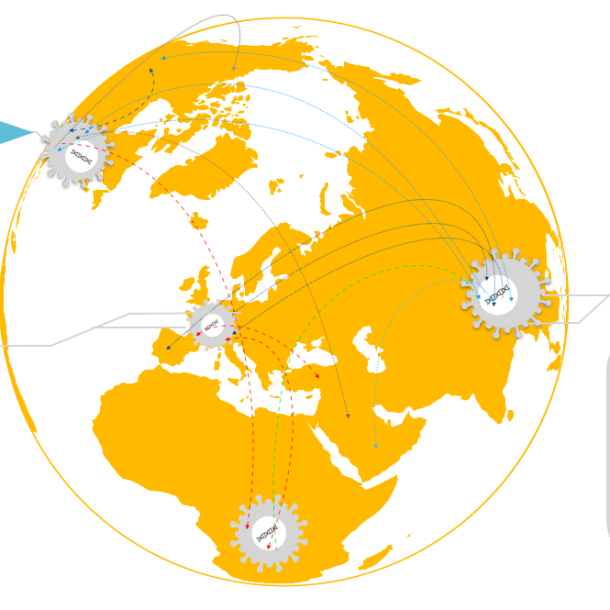
- +41 41 201 88 44
- [email protected]
- Mon-Fri 8am - 6pm
Although we have seen the world adopting the use of non-relational databases to build new websites and applications while modernizing legacy apps – there is still the biggest challenge existing – Data Integration.

Associations have amassed enormous volumes of data generally spread across numerous frameworks that work in storehouses. Furthermore, these different data storehouses are just developing in number with the reception of cloud administrations and applications. Thus, to construct applications that meet rapidly developing business needs, associations need to:
Come up with solutions that can quickly load and integrate data sources to provide a unified view.
Have a way of reducing the cost and risks involved in data integration while delivering faster results – iteratively.
Improve the security for sharing of data, self-service consumption, and data governance.
Here, we will create a comparison table to discuss the two most popular cloud platforms organizations widely use to meet their data integration needs – MarkLogic Data Hub Service and Mongo DB Atlas. The table will compare their capabilities and some underlying differences that an enterprise may face while using them to integrate data.
To define MongoDB Atlas, we can say it is a fully managed DBaaS which means cloud database service. This cloud-based database makes it easier for organizations to migrate their website or application to the cloud, offload the administrative tasks such as scale, run, and manage the database – providing consumption-based pricing. It helps in managing the MongoDB NoSQL database.
MongoDB has become the most well-known database, utilizing its open-source permit and usability. Its conveyed, scale-out design and unified interface for data accumulation empower engineers to rapidly fabricate exceptionally accessible and responsive applications. Unlike a relational database, the MongoDB model gives the adaptability to effectively advance application data models without rebuilding data set composition, subsequently assisting designers with being more valuable. As of late, new highlights like multi-document ACID transactions and cloud services like MongoDB Stitch have made MongoDB Atlas more engaging for a more extensive arrangement of use cases.
MarkLogic can be explained as a serverless cloud data hub used for agile data integration. MarkLogic makes it possible for organizations to easily migrate their data integration to the cloud and run operational, transactional, and analytical applications at a predictable low cost.
It is considered superior to the DBaaS, as its MarkLogic Data Hub Service provides a unified architecture to receive and curate data and create the entire data integration lifecycle. Some of the capabilities of MarkLogic are that it has a built-in search, multi-model data management, Smart Mastering, transactions, high security, and so much more. With capabilities as these, any organization can go for it to quickly integrate data across their enterprise and make vital data resources that serve various use cases and client personas.

Steinentorstrasse 35 , 4051 Basel, Switzerland